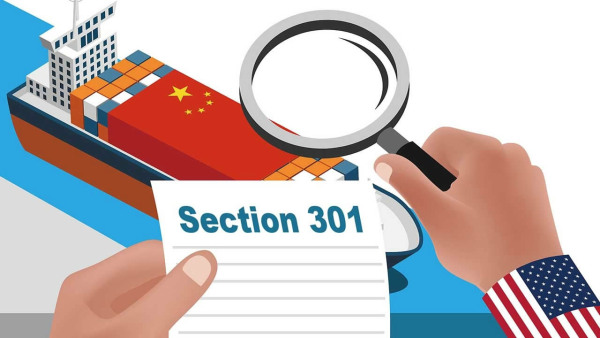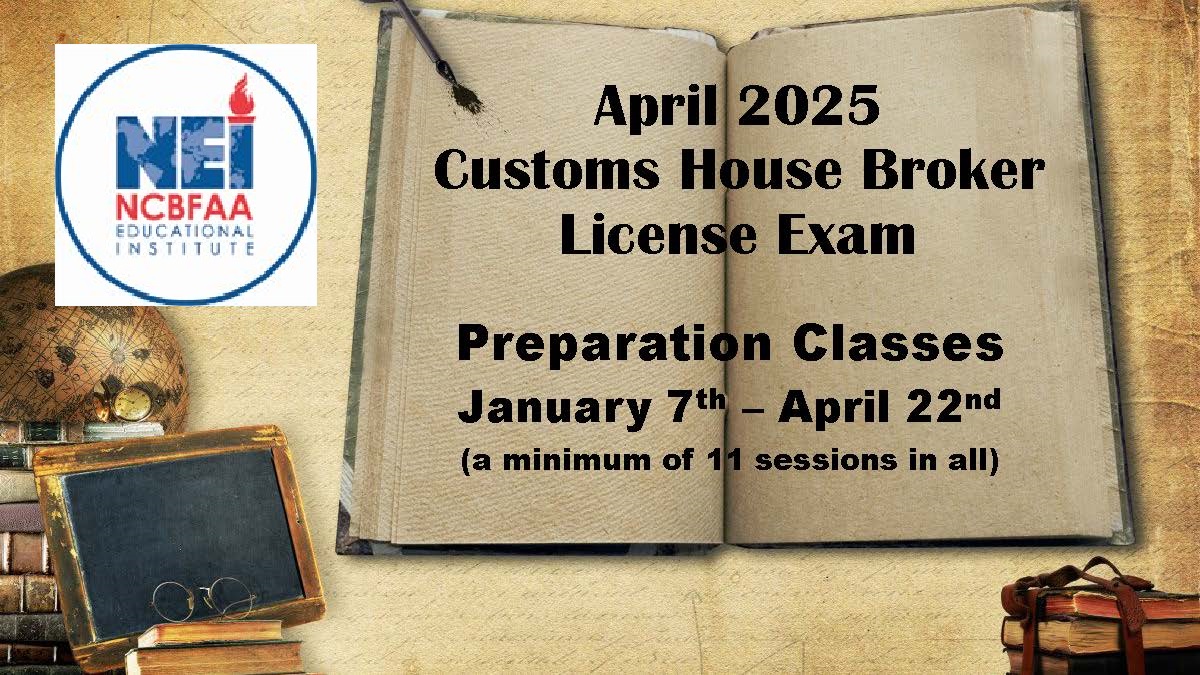On December 14, 2021, Representative Jim McGovern and Senator Marco Rubio announced agreement on a compromise version of the proposed Uyghur Forced Labor Prevention Act. The bill was promptly passed unanimously by the House of Representatives and is expected to be taken up by the Senate very shortly with an eye towards forwarding it to the President for signature as soon as possible. Different versions of the bill had previously been passed by the Senate (on July 15, 2021) and the House (on December 8, 2021).
Highlights of the current version follow:
- Development of an enforcement strategy
A Forced Labor Enforcement Task Force, comprised of representatives from several government agencies, is to solicit public comment and hold a hearing as to how to best prevent the importation of goods produced, wholly or in part, with forced labor in China (including by Uyghurs, Kazakhs, Kyrgyz, Tibetans, and members of other persecuted groups in China, particularly in the Xinjiang Uyghur Autonomous Region (XUAR)).
As a result, the Forced Labor Task Force is to develop an enforcement strategy to include
- An assessment of the risk that forced labor goods may be imported (including through third countries) and available measures to address the risk.
- A description of China government programs that extract forced labor from specified minority groups, which is to include: a) a list of XUAR entities using forced labor; b) a list of entities working with the XUAR government in connection with the forced labor of persecuted groups outside of XUAR; c) a list of products produced, wholly or in part, by the above entities; d) a list of entities that exported such products from China to the United States; e) a list of facilities and entities (including the Xinjiang Production and Construction Corps (XPCC)), that source material from XUAR or from persons working with XUAR government forced labor programs; f) a plan for identifying additional such facilities; g) a list of high-priority sectors (to include cotton, tomatoes, and polysilicon); and (h) an enforcement plan for each entity and sector identified above.
- Recommendations for tools CBP can utilize to identify and trace XUAR goods and a description of how CBP plans to enhance its use of available tools (along with a description of additional resources needed by CBP).
- Guidance to importers with respect to: (a) expected due diligence, effective supply chain tracing, and supply chain management measures; and (b) the type, nature, and extent of evidence that demonstrates that goods from China were not produced, wholly or in part, in XUAR or from forced labor.
- A plan to coordinate and collaborate with appropriate NGO’s and private sector entities to implement the enforcement strategy.
- Rebuttable presumption that goods produced in XUAR or by certain entities are inadmissible
Effective 180 days after the date of the enactment, the bill creates a presumption that any goods produced, wholly or in part, in XUAR or by an entity on the lists described above would be inadmissible under the forced labor statute. An exception applies where the CBP Commissioner determines: a) that the importer has fully complied with the contemplated guidance to be established and has completely responded to all CBP inquiries; and, b) by clear and convincing evidence, that the goods were not produced, or manufactured, wholly or in part, by forced labor.
CBP is to report to Congress the circumstances of any such exceptions.
- Miscellaneous Provisions
The bill also calls for the establishment of a broad diplomatic strategy with respect to XUAR forced labor as well as the imposition of sanctions on foreign persons associated with such activity. Pursuant to a sunset provision, the substantive provisions of the bill would cease to have effect after the earlier of eight years or the end of the activities targeted by the proposed legislation.
Should you have any questions in connection with the above or with respect to CBP’s ongoing forced labor enforcement generally, please do not hesitate to contact Arthur Bodek or any other of our attorneys.




